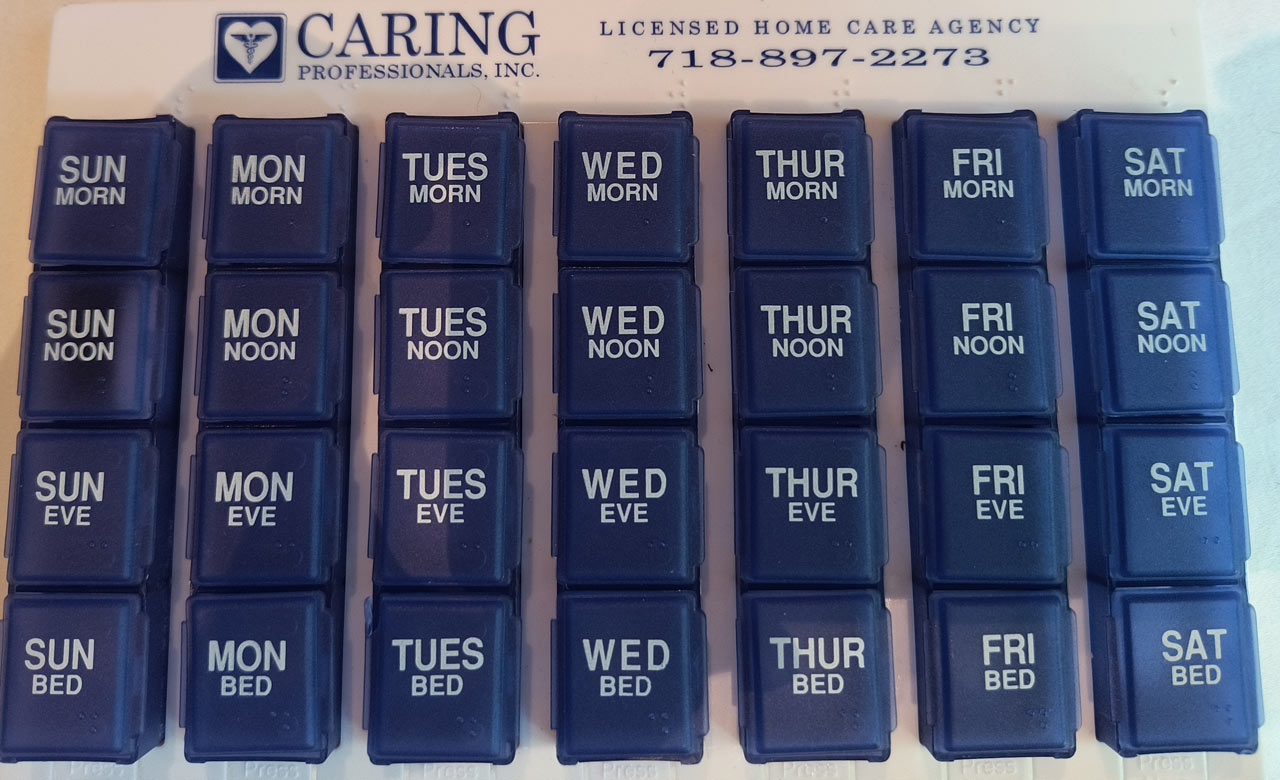Home Care Insurance Options
A look into long-term home care options that insurance will cover.
If you are new to home care, chances are you have many questions about what, if anything, is covered by your insurance. The good news is, we’re qualified to help. Insurance and long-term home care can seem confusing, so we’re starting with the basic options and differences.
What defines long-term care?
Although there are many services provided under the umbrella of “long-term care,” it is defined by the care given to anyone with a chronic illness or disability that prevents them from caring for themselves. This can be medical and/or non-medical help, and most times is necessary for the remainder of the person’s life.
This type of care can be needed for people at any stage of life, but the majority of people who use long-term care are in their older years.
Private insurance options
The first thing to know is that traditional employer-based insurance will not cover daily, long term care. Some employers do offer separate long-term care policies for people who opt in to them, typically at an additional cost.
Private insurance that does cover long-term care is a separate type, referred to as Long-Term Care Insurance (LTC). LTC can help with expenses from nursing home costs or home-health care, to modifications that make a home more accessible.
Long-term care insurance can typically be purchased at any time, but similar to life insurance, the rates will vary depending on the age and health of the applicants. Insurers can also turn down new applicants or add special restrictions in the policy for known preexisting conditions.
Public insurance options
Medicare recipients have a little more coverage than employer-based, in that Medicare will cover some short-term stays at a care facility, or a set amount of at-home care. Both of these types of care are meant more for one-off situations though, and can come with strict guidelines for when they will cover.
For definitive long-term care, Medicaid is the best option. Because this is a government provider, there are requirements that applicants need to pass, like income amounts or needs, to be eligible for coverage. In New York specifically, there are multiple insurance options from Medicare, and can be accessed depending on applicant needs and current assets.
Through Medicaid, policyholders can find help similar to policy holders of LTC insurance plans. Options for both residential care and in-home support are available, as well as community programs that support people still living at home. The level and type of support is given based on the needs of the patient, determined with input from individuals, health care providers and family members.
Caring Professionals works with many different insurance companies and plans, helping our clients and family members find the best care. If you have any questions about specific insurance plans or care eligibility, feel free to contact our team.






